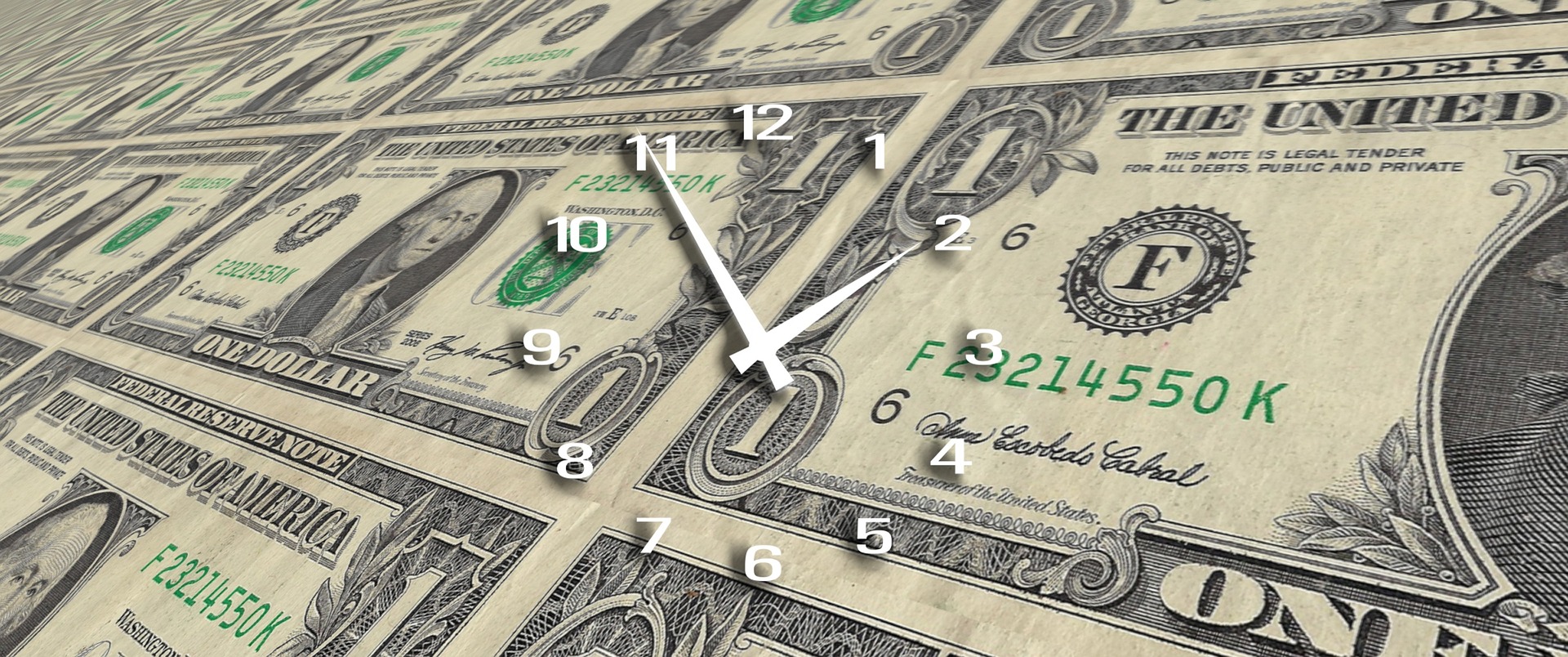Inflation is the talk of the town right now, and it sure seems to be enjoying its time in the limelight after many years sitting out. But how worried should we be?
The Consumer Price Index (CPI), a measure of the prices we are paying for goods and services, was up 4.2% in April from a year prior. That sounds bad for inflationary pressures, but we have to look more closely.
What is Actually Happening
First, twelve months ago, in April 2020, the CPI actually dropped the most in history (0.8%). So when we measure against the level from a year ago, we are automatically going to see a more significant rise in prices considering the starting point was below sea level.
Second, Americans are antsy to do all the things they could not do during the pandemic. Pent up demand is causing a surge in spending. Many companies had shut down or severely scaled back production or transportation of goods, so they were not prepared to meet the sudden demand spike. There are fewer goods available, so the rules of supply and demand are forcing prices up across various areas.
What is Next
A number of things will develop from here. The rise in prices will tamp down the consumer spending. Already there are stories of people canceling building projects due to the cost of lumber. At the same time, the supply chain bottleneck will begin to ease, meaning more products become available to meet waning demand. Before long, consumers will run out of the extra money they saved by not going out to eat or play for the last twelve months, and inflationary pressures will ease.
The unfortunate thing is that prices usually do not drop after a transitory inflation event like this. More likely, many prices will hold at higher levels, with the exception of certain things for which people will refuse to pay such premiums (notably, lumber and steel).
Core inflation pressures still exist, especially with so much stimulus money running around. But this moment of intense inflation jumping into the spotlight will be temporary – just another side effect of the COVID pandemic.
This information is not intended to be used as the only basis for investment decisions, nor should it be construed as advice designed to meet your particular needs. You are advised to seek the advice of your financial adviser, legal or tax professional, prior to making any investment decision based on any specific information contained herein. Copyright Cooper Capital, Inc. 2021





